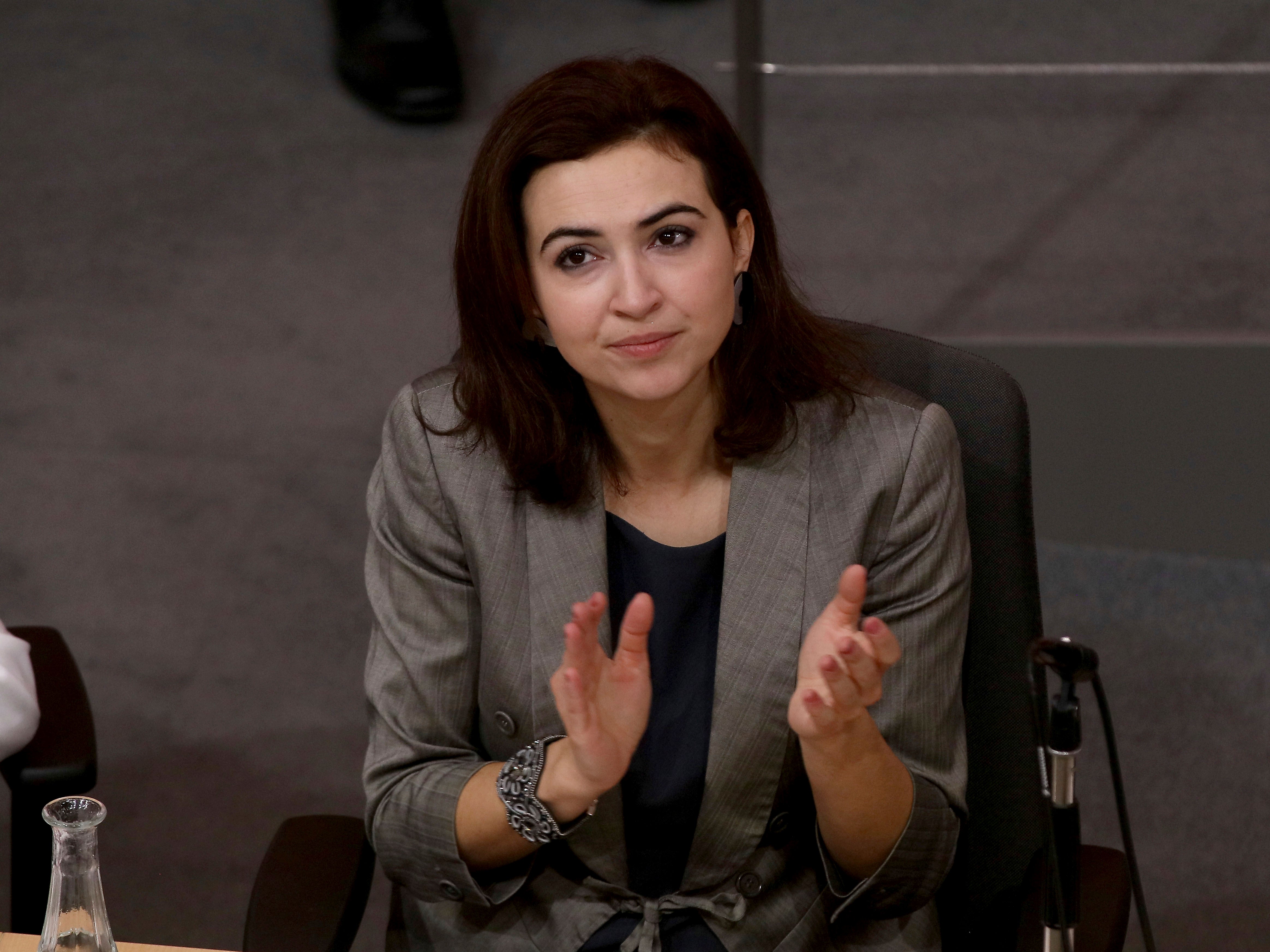Austrian minister aims to tighten espionage law to ban spying against international organizations
Austria’s justice minister says she plans to tighten the country’s rules on espionage, which currently is explicitly banned if directed against Austria itself but not if it targets other countries or international organizations

Your support helps us to tell the story
From reproductive rights to climate change to Big Tech, The Independent is on the ground when the story is developing. Whether it's investigating the financials of Elon Musk's pro-Trump PAC or producing our latest documentary, 'The A Word', which shines a light on the American women fighting for reproductive rights, we know how important it is to parse out the facts from the messaging.
At such a critical moment in US history, we need reporters on the ground. Your donation allows us to keep sending journalists to speak to both sides of the story.
The Independent is trusted by Americans across the entire political spectrum. And unlike many other quality news outlets, we choose not to lock Americans out of our reporting and analysis with paywalls. We believe quality journalism should be available to everyone, paid for by those who can afford it.
Your support makes all the difference.Austria's justice minister said Thursday that she plans to tighten the country's rules on espionage, which currently is explicitly banned if directed against Austria itself but not if it targets other countries or international organizations.
Justice Minister Alma Zadic's push to tighten Austria's laws comes as the arrest of a former Austrian intelligence officer on allegations of spying for Russia focuses attention on espionage activities in the country.
Austria is a European Union member that has a policy of military neutrality. Its capital, Vienna, is host to several U.N. agencies and other international groups such as the Organization for Security and Cooperation in Europe and the Organization of the Petroleum Exporting Countries, or OPEC.
Austria's criminal code currently states that anyone who “sets up or operates a secret intelligence service to the detriment of the Republic of Austria or supports such an intelligence service in whatever way” faces a prison sentence of between six months and five years. It also bans setting up, operating or supporting a “military intelligence service” for “a foreign power or a supra- or international body,” which can carry a prison sentence of up to two years.
Zadic said in a statement to the Austria Press Agency that the country has long been accused of being an “island of the blessed” for intelligence services from around the world and lamented that “gaps in the law so far have allowed foreign intelligence services to spy with impunity in Austria.”
“We want to expand the espionage paragraphs so that, in the future, our law enforcement authorities can also act against foreign spies when they are not targeting Austria itself, but international organizations based here such as the U.N. or friendly states,” she said.
Zadic is a member of the junior party in Chancellor Karl Nehammer's governing coalition, the Greens. Interior Minister Gerhard Karner, a member of Nehammer's Austrian People's Party, told Oe1 radio he sees the need for tougher penalties for spying — but also renewed a call for authorities to be allowed to eavesdrop on calls via messenger services, something the Greens have balked at.